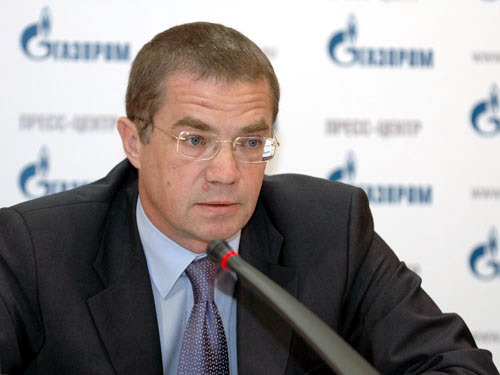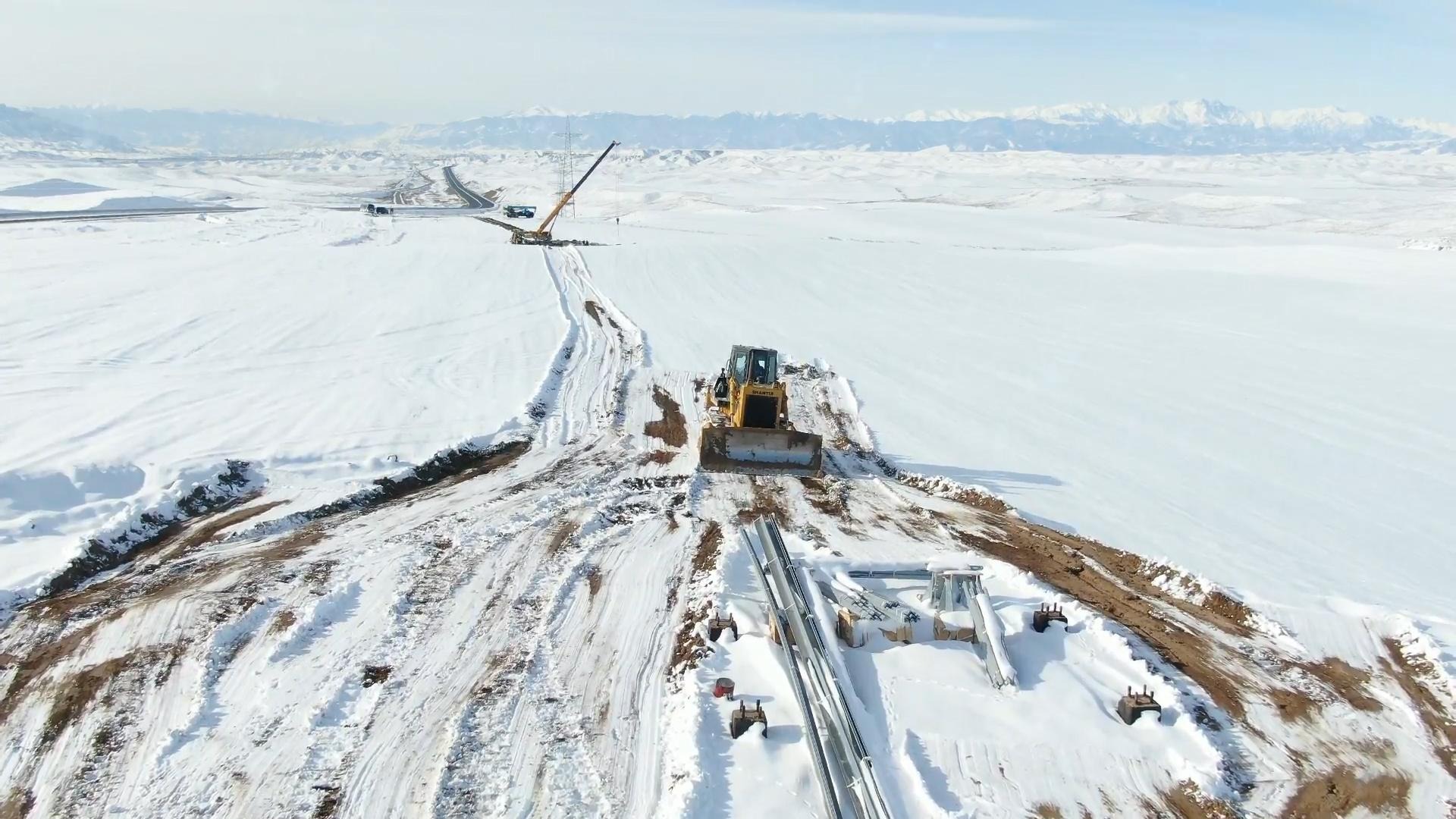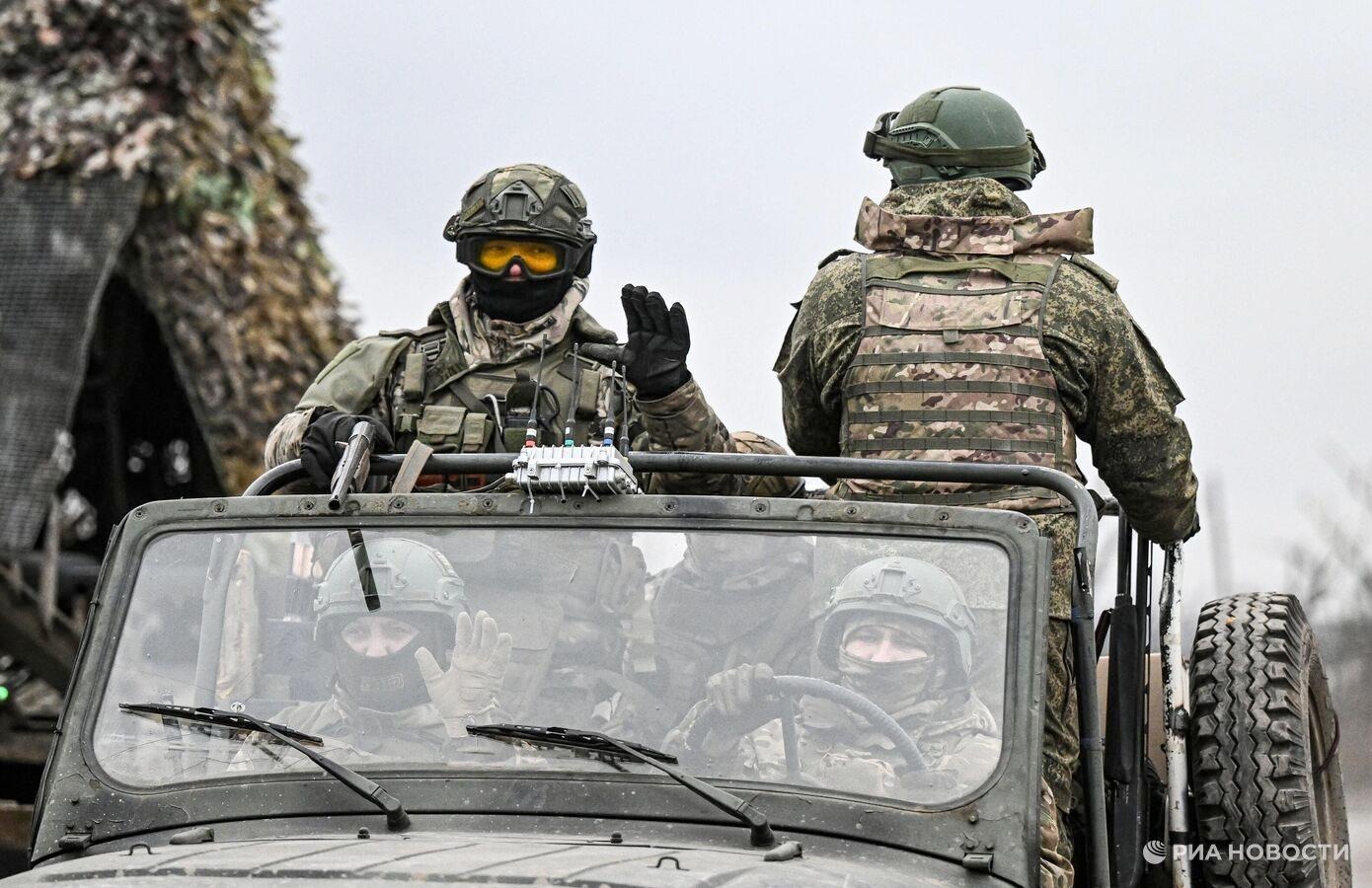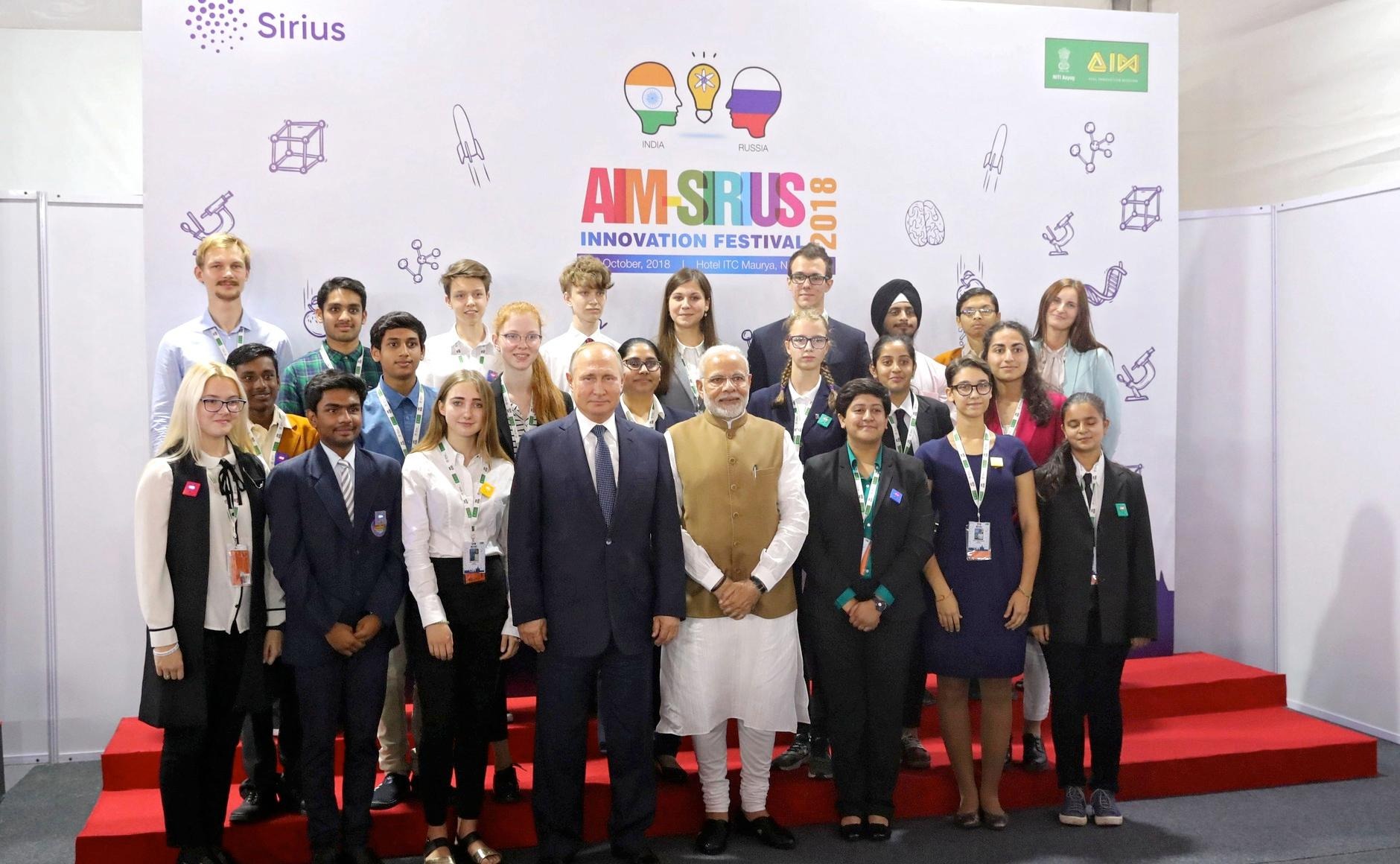
PUTIN IS LOST BETWEEN EAST AND WEST, BUT MEDVEDEV SHINES IN DAVOS
PUTIN IS LOST BETWEEN EAST AND WEST, BUT MEDVEDEV SHINES IN DAVOS
Russian President Vladimir Putin was the guest of honor at the Independence Day parade in New Delhi last Friday, January 26, and was entertained by the traditional program including ceremonial elephants and the camel cavalry. His two-day visit to India was as successful as planned, with many expected words about a new level in the well-established strategic partnership but hardly any promise of a breakthrough (Kommersant, January 27).
Trade between the two giant states has increased during the last year by some 20%, but only totaling an unimpressive $3.8 billion, and it is hard to expect any accelerated growth without any significant export of Russian hydrocarbons. India is eager to invest in the oil and gas projects on the Sakhalin shelf, but they are now covered by the shadow of the property conflict initiated by Gazprom (Times of India, January 26). India is even more interested in the prospects of importing natural gas from Central Asia, but Russia needs every cubic meter to maintain its increasingly tight gas balance.
Putin did have things to offer in the nuclear business, and a framework agreement for constructing four nuclear reactors at the Kudankulam plant was indeed signed (RosBusinessConsulting, January 25). However, more lucrative contracts would most probably be awarded to Westinghouse in order to sustain the breakthrough in U.S.-Indian nuclear cooperation achieved during President George W. Bush’s visit in March 2006, while the French AREVA NP is aggressively marketing its high-tech reactors in this competitive market. Putin also sought to give a new boost to Russian arms exports to India. Indeed, the T-90e tanks that rolled before him in the parade were part of the 310 that India bought in the last few years, while the Russian army has not received a hundred new tanks during Putin’s entire watch as commander-in-chief. The long-discussed contract for joint development of a “fifth-generation” fighter was, however, postponed again (Vremya novostei, January 26).
Trying his best to demonstrate friendship, Putin harbors few expectations about a geopolitical partnership with India. He has no clue about the Indian “economic miracle” driven by liberal economic reforms and deregulation in the service sector and cannot appreciate the strength of democratic institutions. In many ways, he is much more comfortable dealing with China, where the promises of energy exports provide him a useful lever, while democracy is simply not an issue. China, however, is growing more assertive in its quest to lead the Shanghai Cooperation Organization and is expanding its economic penetration of the Far East. Last December the Russian Security Council announced that this depressed region was facing a security threat and Putin, paying a brief visit to Vladivostok on the way home from India, assured that this threat was taken seriously and confirmed that big investments would be made in order to host the Asia-Pacific summit here in 2012 (Nezavisimaya gazeta, December 21; Vesti, January 27).
In fact, these barely hidden problems with China and demonstrative friendly handshakes with India have always been of only peripheral importance for Putin. His real priority is Europe, and exporting natural gas there long ago became his true passion. Traveling to the East he was probably still contemplating his prospects in the West, reflecting in particular on the recent meetings at his Black Sea residence, Bocharov Stream. Italian Prime Minister Romano Prodi was all smiles, but Gazprom’s business in Italy is still compromised by too close personal ties with his predecessor, Silvio Berlusconi, who is currently entangled in all sorts of legal investigations (Vremya novostei, January 24). During her visit German Chancellor Angela Merkel was deliberately restrained and made a point of emphasizing the disagreements over Kosovo’s status; most significantly for Putin, she showed little interest in his renewed proposal to build in Germany the main facility for distributing Russian gas across Europe (Kommersant, January 21). Both meetings could have been marked as positive, but the Parliamentary Assembly of the Council of Europe was simultaneously debating a resolution condemning the use of energy exports as an instrument of political pressure – and that added a distinctly sour taste to Russian-European relations (Nezavisimaya gazeta, January 24).
Seeking to salvage Russia’s sinking image in the West, the Kremlin decided to send a much stronger delegation to the World Economic Forum in Davos than last year (see EDM, January 30, 2006). First Deputy Prime Minister Dmitry Medvedev led the team of “heavyweights,” including Minister for Economic Development German Gref, St. Petersburg governor Valentina Matvienko, and Alexander Medvedev, Gazprom’s deputy CEO. His presentation was centered on two hard-hitting theses: Russia’s high economic growth is set to continue and its advancement to the top oil producer in the world is certain to last (Lenta.ru, January 27). He did not shy away from questions about internal developments in Russia and confirmed that real democracy “without any unnecessary attributes” was the aim in the ongoing transformations (Newsru.com, January 27).
Commentators immediately interpreted Medvedev’s debut as a presentation of Putin’s chosen successor, particularly since it was in Davos back in 2000 that the question, “Who is Mr. Putin?” was raised (Gazeta.ru, January 27). Many of the world’s opinion-makers and decision-makers have probably concluded that they saw a man they could do business with and were glad not to see the three ugly letters K-G-B stamped on his forehead. Medvedev’s problem, however, is that his ability to communicate with Western counter-parts constitutes a liability for the cohort of those who see no need in experimenting with “Putinism with a human face.” Putin himself has never been quite able to control the overgrown special services – and they would opt for Medvedev only if they were absolutely sure that he never forgets who is really in charge of Russia.


